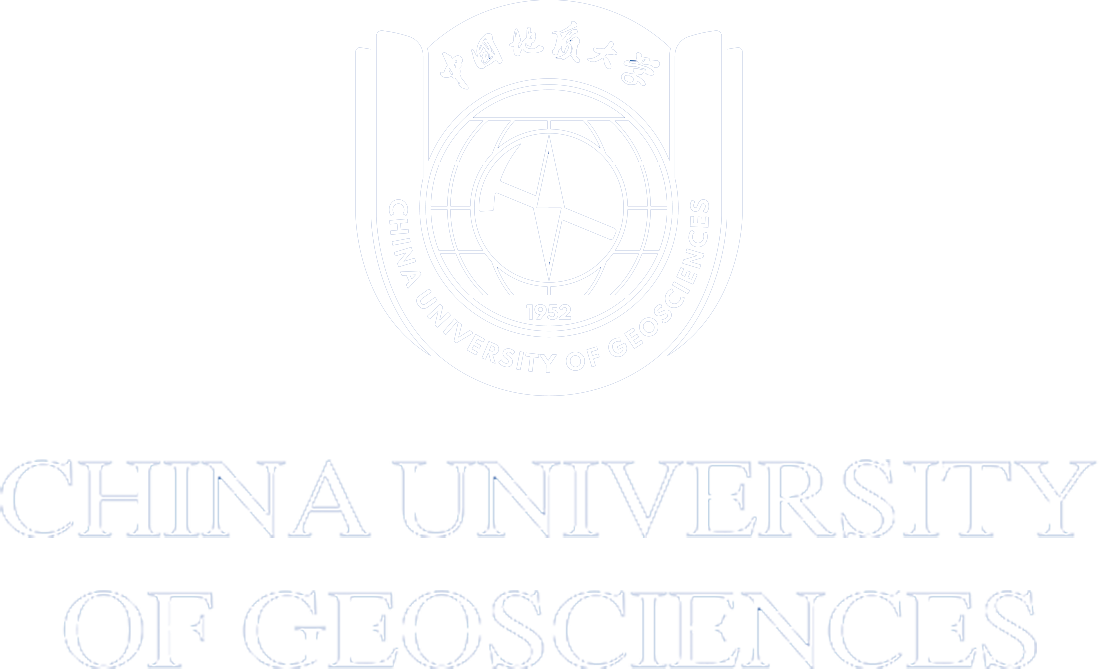1. Major Introduction
The aim of the subject of Resources Prospecting Engineering (Solid Mineral Resource) is to teach the students to master basic theories, skills and methods of mineral resource exploration to acquire basic abilities to research and analysis of mineral deposit geology, ore-forming and distribution regularities of mineral resources. To master testing methods, analysis techniques, resources prospecting techniques and basic geologic standards to acquire primary abilities to collect, transact, explain and apply information from modern exploration methods such as geological, geochemical and geophysical. To master digital and visualization technology of exploration to acquire basic abilities to mineral resource appraisements and economic analysis. The ultimate goal is training qualified personnel for teaching, scientific research and production units (resource energy, mining industry, metallurgical factory and building materials) and for administrative departments in the field related to resources prospecting engineering (solid mineral resource).
2. Academic Objectives
To train the professional and technical graduates who have all aspects of knowledge, ability and quality for resources prospecting engineering (solid mineral resource) basic theory, basic methods and basic skills, obtain the basic engineering training as a resource exploration geological engineer, with a spirit of innovation, practical ability and international vision, have a certain ability in the field of mineral resources exploration, evaluation and management. Based on 5 years’ practical training after graduation, our graduates own the quality and abilities of a qualified geological engineer, and can be the technical core person in the production unit or research team.
3. Academic Requirements
In accordance with the requirements of the national engineering education professional accreditation, graduates should acquire the following knowledge and ability:
(1) Engineering knowledge: To master the principles of mathematics, natural science, engineering foundation and professional knowledge for the work of resource exploration engineering (solid mineral resources).
(2) Ability to analyze problems: To identify, express, analyze and solve complex problems in resource exploration engineering (solid mineral resources) by applying the learned knowledge and basic principles, and to obtain effective conclusions.
(3) Design/development to problem solving ability: Can use the knowledge and modern technology of geological, geochemical and geophysical exploration, design solutions for complex resource exploration engineering (solid mineral) problems, design the resource prospecting workflow and standards, and have innovative consciousness and can consider the factors of society, health, and safety, law, culture and environment.
(4) Research ability: Based on the principles of science, complete design, information collection, data processing, information synthesis, results interpretation, analysis and research, eventually to achieve a reasonable conclusion.
(5) Using modern tools: For the resource exploration engineering (solid mineral) complex problems, can develop, select and use relevant technology and modern engineering tools and the information technology tools and professional software, including simulation and prediction, and understand the limitations and scope of application.
(6) Engineering and social knowledge: Be able to evaluate the impact of resource exploration engineering practices and complex engineering solutions on social, health, safety, law, and culture.
(7) Environment and sustainable development of knowledge: Understand the research, design, production, environmental protection and sustainable development principles, policies and regulations, can evaluate solid mineral resources exploration and development of impact on the environment and social sustainable development.
(8) Professional norms: With the humanities and social science literacy, social responsibility and good physical quality, can be in the resource exploration engineering practice to understand and abide by the engineering ethics and norms, fulfill their responsibilities.
(9) Individual and team consciousness: Be able to be an individual, team member and responsible person in the team, with strong team work ability.
(10) Communication skills: Able to effectively communicate with both domestic and foreign counterparts and the public on complex resource exploration projects (solid mineral resources).
(11) Project management knowledge and ability: Understand and master the relevant management principles and economic decision-making methods of resource exploration engineering, and to apply them in the practical work of multi-disciplined environment.
(12) Lifelong learning ability: Own a sense of independent learning and lifelong learning, and the ability to continuously learn and adapt to development.
4. Length of School and Degree
The length of schooling is four years of full-time study. Students will be awarded the Bachelor Degree of Engineering when they have completed the required minimum credits and have met all other requirements.
5. Core Courses
Specialized Core Courses: Ore Deposit Geology, Ore Petrology and Microscopy, Geochemistry (Inc. organic geochemistry), Remote Sensing Geology, Geophysical Prospecting Method and its Application, Mineral Prospecting and Exploration, Exploration Geochemistry, Mineral Resources Economics and Management, Introduction to Mining and Mineral Processing, Solid Mineral Exploration Standards, Specialty English for Resources Prospecting Engineering, Environmental Law and Mineral Resources Law.
Practice Courses: Physics Experiments, Chemistry Experiments, Geological Survey Field Trip in Beidaihe, Geological Survey Field Trip in Zhoukoudian, Practice Course of Minerals Prospecting and Exploration, Comprehensive Training on Resource Exploration Engineering in Mine Base, Geological Field Trip, Graduation Design (Thesis).




 Address
Address
 E-Mail
E-Mail
 Telephone
Telephone